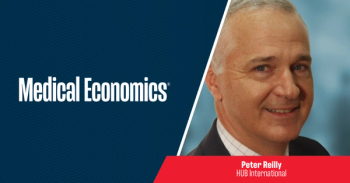
Seniors deserve the care they receive
A reader, responding to a previous letter, says that senior citizens have paid for the healthcare benefits they receive.
Patrick Conrad’s letter (“Seniors have become a privileged class of patients,” July 25, 2013) makes me ashamed to be called a professional colleague.
First: seniors are more vulnerable to chronic disease than any other age group. Many have paid into insurances and FICA (Social Security) for much of their adult life. Even if figures show that many seniors get more in healthcare benefits than they put in terms of premiums, those numbers do not take into account the time value of money, inflation, and premiums paid into private insurances until they turned 65 while also paying into FICA.
Second: The additional regulations, fee adjustments, and other bureaucratic demands stem from a system of cottage industry fee-for-service, not from the American Association of Retired Persons. This has led to providers becoming members of large groups or hospitals as employees with a staff doing the paper work from a pool of providers’ billables.
Gerard Freisinger, MD
Warwick, New York
Newsletter
Stay informed and empowered with Medical Economics enewsletter, delivering expert insights, financial strategies, practice management tips and technology trends — tailored for today’s physicians.






